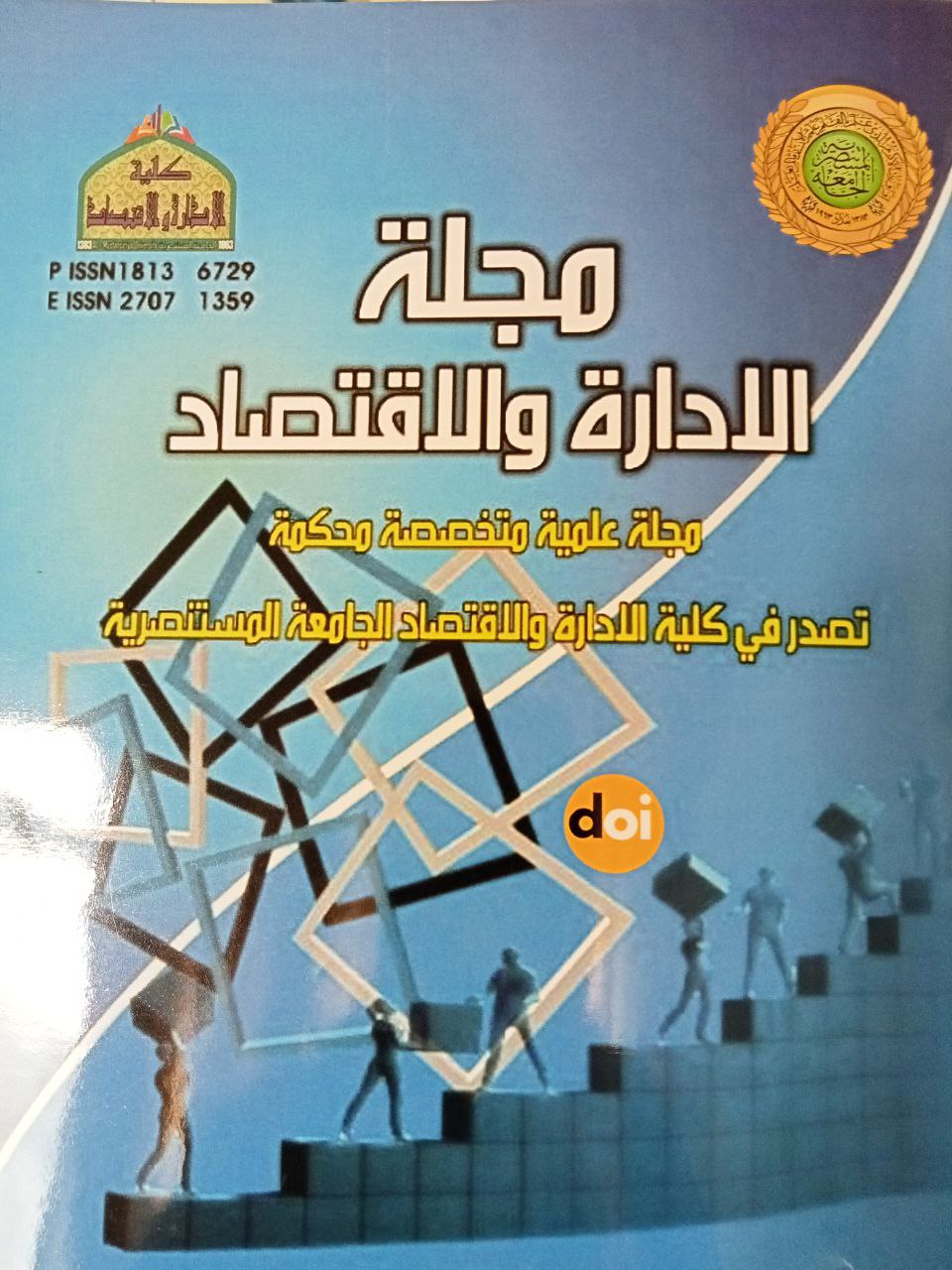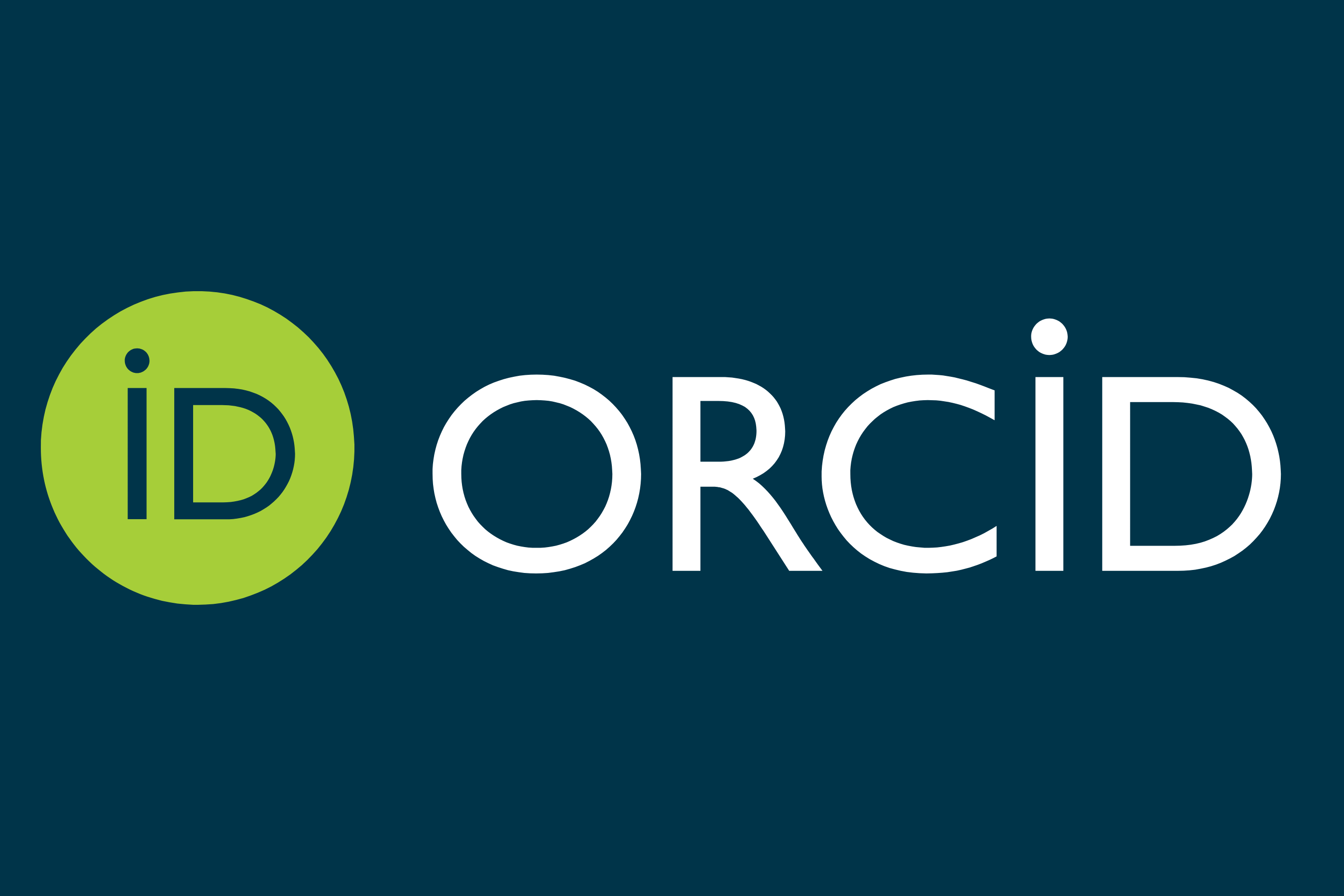دراسة تجريبية : الدور الاستراتيجي للتدقيق الداخلي في اكتشاف مخاطر الاحتيال في البيانات المالية : دراسة حالة من العراق
DOI:
https://doi.org/10.31272/jae.i133.947الكلمات المفتاحية:
التدقيق الداخلي، المدقق الداخلي ، مخاطر الاحتيال، البيانات الماليةالملخص
التدقيق هو عملية منتظمة ومنهجية لجمع الأدلة على مطالبات الإدارة ، وتقييمها بحيادية فيما يتعلق بالأنشطة و الأحداث الاقتصادية لتحديد مدى امتثال هذه المطالبات للمعايير المحددة مسبقا وإبلاغ النتائج إلى أصحاب المصلحة . تهدف هذه الدراسة الى معرفة الدور الاستراتيجي للتدقيق الداخلي في الكشف عن مخاطر الاحتيال المالي كونه يزود الادارة العليا بالمعلومات الصحيحة عن المخاطر التي تحيط بالوحدة الاقتصادية في الوقت المناسب وتقديم تأكيدات على فاعليتها ، بالإضافة الى التعرف على المفاهيم الأساسية للتدقيق الداخلي و انواع مخاطر الاحتيال في البيانات المالية. وتوضيح دور المدقق الداخلي في الكشف عن مخاطر الاحتيال المالي ، من خلال معرفة تأثير عملية التخطيط والتشكيك المهني وفهم بيئة العمل و مساهمتها في دعم المدقق الداخلي في الكشف عن مخاطر الاحتيال في البيانات المالية . و خلُصت الدراسة الى انه ينبغي على المدقق الداخلي عند وضعه لخطة التدقيق ان يقوم بوضع رؤية متكاملة لفاعلية الحوكمة وادارة المخاطر ، بشكل يسهم في الحد من مخاطر الاحتيال في المعلومات المالية. فضلا عن ، ان معرفة المدقق الداخلي بطبيعة بيئة العمل يساعد على معرفة المخاطر و اكتشاف الاحتيال المالي ، كما ينبغي على المدقق الداخلي تحديد الاثار المحتملة للاحتيال و مناقشة الأمر مع المستوى المناسب للإدارة ، والتي تقرر اجراء تحقيق كامل يمارس من خلاله المدقق الشك المهني .
المراجع
Aghghaleh, S. F., & Mohamed, Z. M. (2014). Fraud risk factors of fraud triangle and the likelihood of fraud occurrence: Evidence from Malaysia. Information Management and Business Review, 6(1), 1-7.
Al-Abedi, T. K., Hasen, A. M., Mohaisen, H. A., & Flayyih, H. H. (2022). The Impact of Corporate Governance on Accounting Conservatism in the Financial Statements of Justice Shareholders: https://doi. org/10.37178/ca-c. 23.1. 025. Central Asia and the Caucasus, 23(1), 272-281.
Ali, K. S., Mohaisen, H. A., & Hameed, A. A. (2019). Joint Audit and the Financial Reporting Quality: Empirical Study on Iraqi Voluntary Joint Audits. International Journal of Innovation, Creativity, and Change, 7(8), 343-359.
Al-Maqbool, Al-Ajab Muhammad Ibrahim, & Al-Dukhairi, Bishara Fadhil. (2019). The impact of the internal auditor's efficiency in detecting financial fraud. Faculty of Administrative and Financial Sciences Journal, 1(2), 67-85.
Bierstaker, J. L., Hunton, J. E., & Thibodeau, J. C. (2012). Do fraud training help auditors identify fraud risk factors? In Advances in accounting behavioral research. Emerald Group Publishing Limited.
Coram, P., Ferguson, C., & Moroney, R. (2006). The value of internal audit in fraud detection. Journal of Accounting and Finance, 48(4), 543-59.
DeZoort, T., & Harrison, P. (2008). An evaluation of internal auditor responsibility for fraud detection. The Institute of Internal Auditors Research Foundation.
Drogalas, G., Pazarskis, M., Anagnostopoulou, E., & Papachristou, A. (2017). The effect of internal audit effectiveness, auditor responsibility, and training in fraud detection. Accounting and Management Information Systems, 16(4), 434-454.
Hadby, Abdelkader and Zaidan, Mohammed. (2018), The effectiveness of Internal Audit in detecting and prevention of Fraud, and its reflection on Corporate governance’s system, Journal of North African Economies, Vol. 14, Numéro 1, 243-256
Halbouni, S. S. (2015). The Role of Auditors in Preventing, Detecting, and Reporting Fraud: The Case of the United Arab Emirates (UAE). International Journal of Auditing, 19(2), 117-130.
IIA, (2005), The Professional Practices Framework. https://www.iia.org.au/technical-resources/professionalGuidance/introduction.
International Planned Parenthood Federation (IPPF practice guide 2009), Internal audit and fraud, the institute of internal auditors. https://www.ippf.org/.
Luka Zupan, (2020), 20 key risks to consider by Internal Audit before 2020, Partner, Head of Internal Audit, Risk and Compliance Services (IARCS), KPMG Switzerland Member of the global KPMG IARCS Collaboration & Knowledge (C&K) Champion Network.
Mohaisea, H. A., Al-abedib, T. K., & Ahmedc, K. O. The Role of Intra-Cost Management in Supporting Internal Auditing Based on Risks. International Journal of Innovation, Creativity and Change, VOL. 13, ISS. 12.
Mohamed, N. and Handley, S. M. (2014). Financial statement fraud risk mechanisms and strategies: the case studies of Malaysian commercial companies, Procedia - Social and Behavioral Sciences, NO. 145, 321 – 329
Mohammed, M. A., Al-Abedi, T. K., Flayyih, H. H., & Mohaisen, H. A. (2021). Internal Control Frameworks and Its Relation with Governance and Risk Management: An Analytical Study. Estudios de economía aplicada, 39(11), 18.
Ramos, M. (2003). Auditors’ responsibility for fraud detection. Journal of Accountancy, 195(1), 28-36.
Reinstein, A., & Bayou, M. E. (1999). A comprehensive structure to help analyze, detect and prevent fraud. Detect and Prevent Fraud (June 28, 1999).
Saeed, A. H. G., & Al-Abedi, L. T. K. (2020). The Impact of Quality of Audit on Earning Management. Journal of Management and Economics, (123), 65-75.
Sarens, G., & De Beelde, I. (2006). Internal auditors' perception about their role in risk management: A comparison between US and Belgian companies. Managerial Auditing Journal. , Vol. 21, Issue: 1.

التنزيلات
منشور
إصدار
القسم
الرخصة
مجلة الإدارة والاقتصاد هي مجلة مفتوحة المصدر حيث تكون جميع محتوياتها مجانية. تخضع مقالات هذه المجلة لشروط ترخيص المشاع الإبداعي المنسوب إلى المؤلف (CC-BY 4.0) (https://creativecommons.org/licenses/by/4.0/legalcode) الذي يسمح للمرخص لهم دون قيود بالبحث عن النص الكامل للمقالات أو تنزيله أو مشاركته أو توزيعه أو طباعته أو ربطه به، وفحصه للفهرسة وإعادة إنتاج أي وسيلة للمقالات بشرط أن ينسبوا إلى المؤلفين الفضل في ذلك (الاستشهاد). تسمح المجلة للمؤلفين بالاحتفاظ بحقوق الطبع والنشر لمقالهم المنشور.
. Creative Commons-Attribution (BY)









